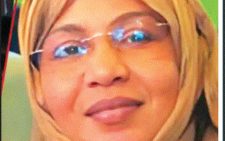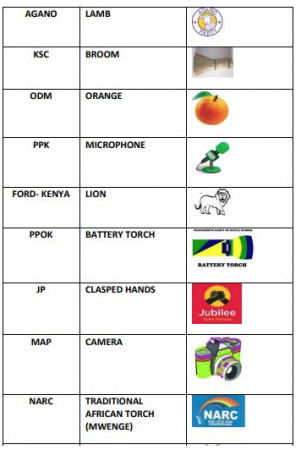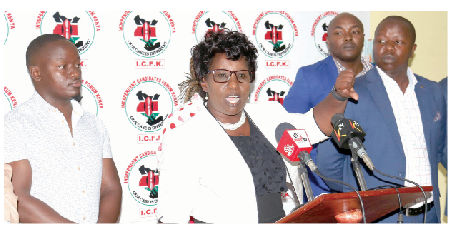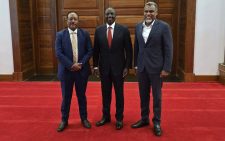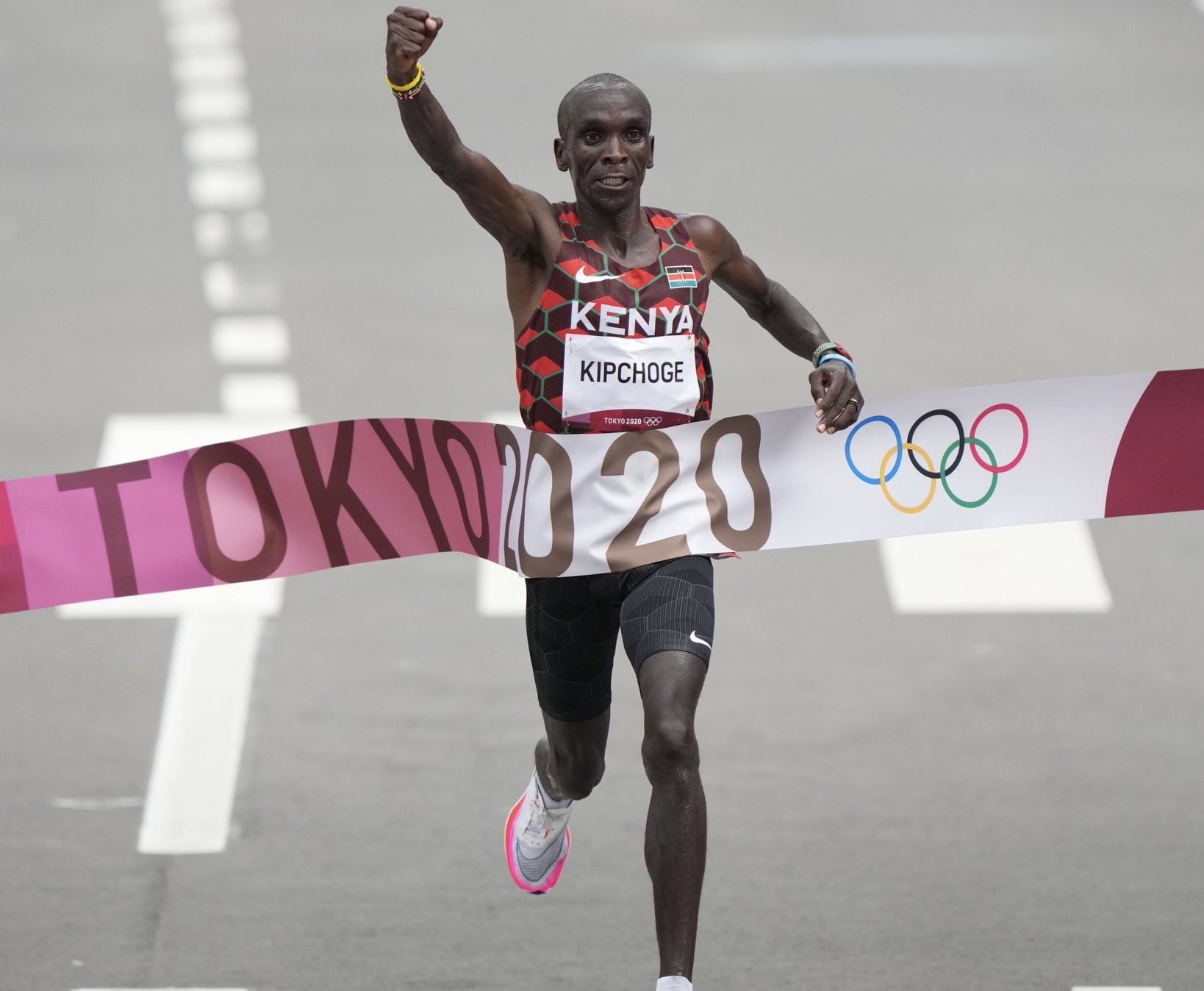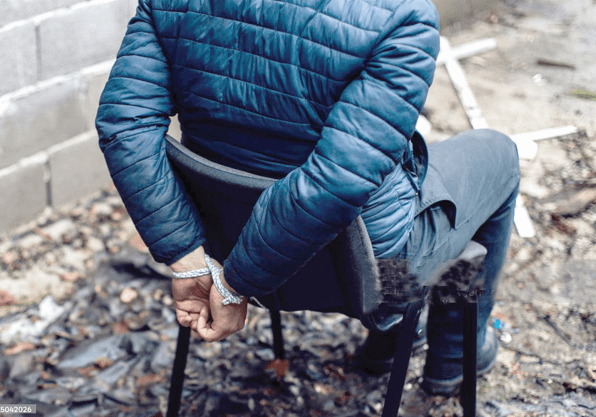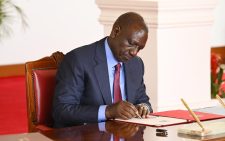Succession politics in the thick of a pandemic

Kenyans and the rest of the world have started year 2021 dramatically as Covid-19 pandemic continues to ravage the globe.
As of Sunday January 10, there were 88,383,771 confirmed cases of the pandemic globally, including 1,919,126 deaths, meaning that we are likely to witness 100 million cases and two million deaths from the virus early this year.
The United States of America, which is enduring the worst of the infectious disease with 365,886 deaths (a record 4,000 last Friday) out of 21,761,186 cases, underlines just how closely politics and public health issues are intertwined.
It is widely accepted that disgraced President Donald Trump lost the election to Joe Biden because of mishandling the pandemic that has caused America so much grief, the attendant economic woes and fanatical racial overtones fanned by an egocentric despot.
The ignominy of a mob of Trump supporters storming and desecrating the US Capitol Hill, the nation’s “heart of democracy” witnessed on live Television, provides a dramatic shameful lesson of how bad leadership, lies and vain egos in electoral processes can destroy national conscience.
While Kenya has not experienced the stunning numbers of Covid-19 casualties and the insurrection drama incited by an unhinged tyrant, who has defiled the citadel of democracy, we have our own share of pandemic-related issues and the hyperbole of reckless political rhetoric to contend with.
We are dancing dangerously with death and potential catastrophe in the way we are treating frontline healthcare workers, in our fragile health infrastructure amid a devastating pandemic.
God forbid, but should the deadly wave of the virus now sweeping across the US and the UK, almost overwhelming advanced health systems, descend on us while we dither about risk allowances and personal protective equipment for our medics.
Toxic environment
There is a striking similarity between the Trump-incited insurrection shame, disputing a fair election he squarely lost that we can learn from.
We recall where a disputed election landed us in 2007-2008. A deeply ethnically divided people, like Trump’s racially divided America today.
We are still divided as the political battle lines are already drawn in 2021 show. While the Building Bridges Initiative (BBI) sought to cure electoral conflict and negative ethnicity, it has become a bitter pill some find too difficult to swallow.
BBI physicians must prescribe the dose of political medicine by first resolving the painful public health, economic, education and unemployment issues plaguing wananchi.
Then before navigating the legislative terrain, fill the gaps in the Independent Electoral and Boundaries Commission and the Judiciary, assuage BBI dissent and mount a robust civic education, public relations and communications campaign to instil public confidence.
Ahead of the referendum, succession politics stoked by intra-party upheaval and by-election jitters have bred a toxic environment.
The BBI orchestra conductors have to dissipate a clever effort to spin a narrative favouring a stage-managed candidate.
The history behind the “handshake” confirms ethnicity and party politics in Kenya are inseparable.
Existing political parties and the latest one are all ethnic-based, despite their “national” camouflage, with the usual cast of party and coalition hoppers.
President Uhuru Kenyatta appears to concur with this historical interpretation of entrenching genuine national unity in diversity among our 42-plus ethnic communities.
The next occupant of the top seat should not come from the two communities that have governed for 59 years since independence. — [email protected]
